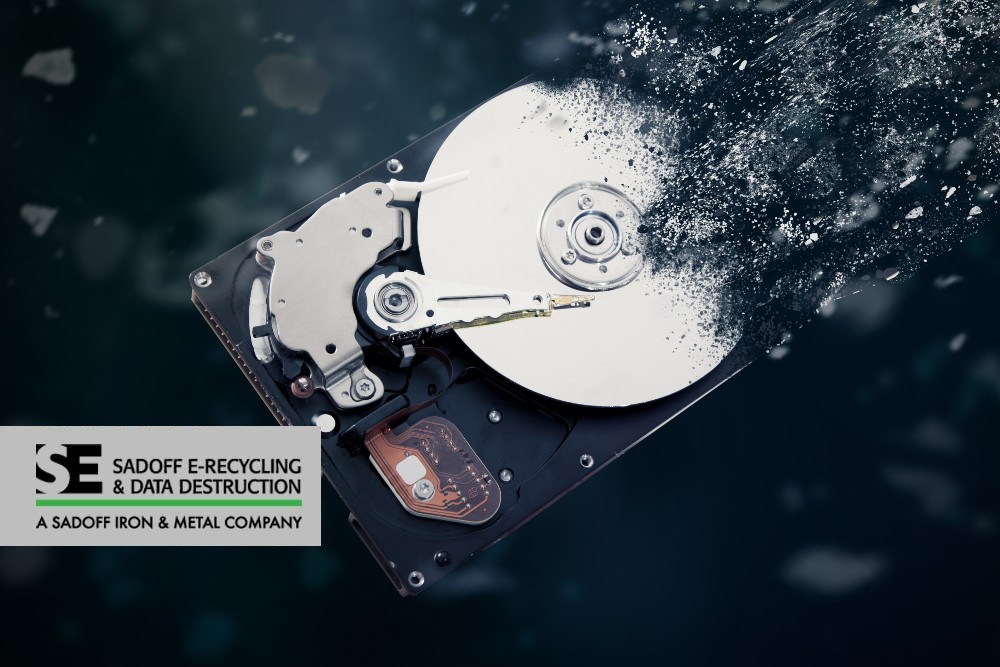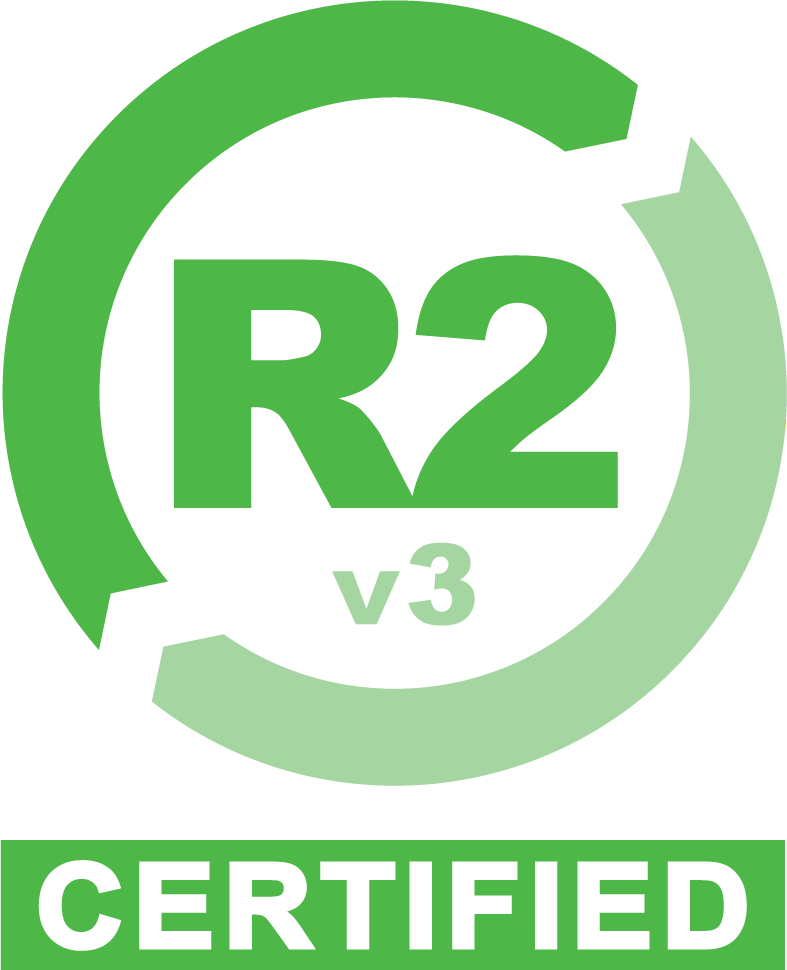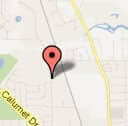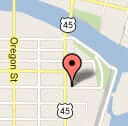Avoid a Third-Party Data Breach
 16
16 Nov
No matter how careful you are with your data, your company may still be subject to a data breach through no fault of your own, or rather through mostly no fault of your own. Even if you keep your data secure internally, you have to be mindful of what happens to your data when it’s in the hands of a third party. Let Sadoff E-Recycling & Data Destruction teach you how to avoid this party data breach.
What is a Third Party Data Breach
A third-party data breach occurs when you trust your data in the hands of a business partner, and the data leaks under their care instead of yours. This sounds like it should be rare. How often are you actually trusting your data in the hands of others? The truth is, you might be doing it far more often than you think. Whenever you ship something, use software that stores stuff on external servers, or even when you are trusting your old data to a recycling service, your data has the potential to leak.
Even so, you may think these are still rare, but according to an IBM report, one in five data breaches are caused by third parties. That’s 20%! Surely that is enough to make you think twice about whom you entrust your data.
How Bad is a Third-Party Data Breach?
 You may think that a third-party data breach will be less significant than a typical data breach because there is often less data involved, but think again. On average, a third-party data breach takes 26 more days to discover.
You may think that a third-party data breach will be less significant than a typical data breach because there is often less data involved, but think again. On average, a third-party data breach takes 26 more days to discover.
That extra time means a lot. It means greater exposure before you can begin damage control. In fact, though many third-party data breaches do include less data, on average they cost more than your typical data breach. The average third-party data breach costs $4.46 million, and that’s if there are no fines to contend with. Do you have that kind of money to burn? We didn’t think so.
What Devices Can Cause a Data Breach?
How to Properly Vette Your Third Parties
There’s no perfect solution to vetting your third parties as every business that you operate with works a little differently. There are two things that you want to think about, assurances and liability.
Read More: Why You Should Beware of Free Electronics Recycling
Why do Assurances Matter With Third Parties?
With a third party, you want to know that proper processes are being followed with your data. Things to look out for are industry past records and industry certifications. For example, in the electronics recycling and data destruction business, R2 certifications are rare, but they are the gold standard, which is why Sadoff E-Recycling & Data Destruction has gone through all the work to obtain and maintain the certification.
This R2 certification not only includes processes that we must follow but also includes regular audits to ensure that we are following these processes. When you interact with any industry, learn about the relevant certifications and ensure that the third party you are working with is certified.
Why does Liability Matter With Third Parties?
When allowing a third party to handle your data in any way, even if it’s for destruction, you have to ask yourself, if things go wrong and there is a breach, who is liable? More importantly than asking yourself, you should ask your third party.
At Sadoff E-Recycling & Data Destruction, for example, we 100% contractually own liability. That means if there is a data breach, we take the fault, we pay for the breach, and we are fully insured so you can count on us not to fold up our business leaving you with the bill.
Categorized in: Data Security




 Google map directions
Google map directions
 Google map directions
Google map directions
 Google map directions
Google map directions
 Google map directions
Google map directions
 Google map directions
Google map directions
 Google map directions
Google map directions
 Google map directions
Google map directions